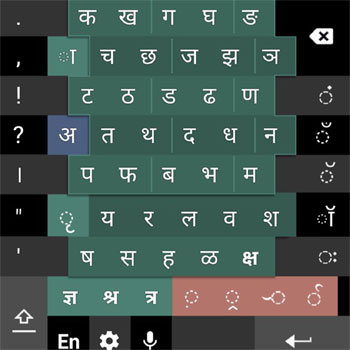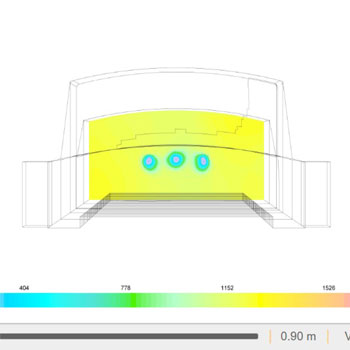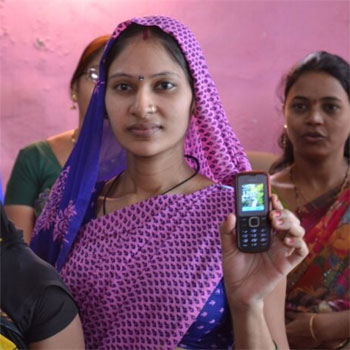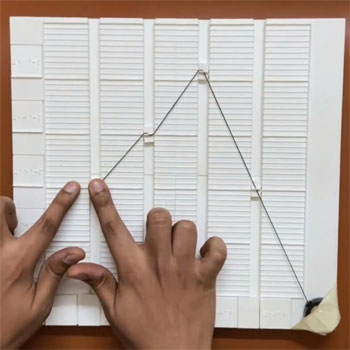Prof. Anirudha Joshi and his team at the Industrial Design Centre (IDC), IIT Bombay designed Keylekh, a significant virtual keyboard, to facilitate text entry in Indian scripts on digital platforms. Like Swarachakra, Keylekh is aimed at addressing the challenges of typing in complex Indic scripts, but it adopts a slightly different approach to text input. Keylekh is based on a phonetic typing system. Users can type Indic characters using Roman alphabet equivalents, which are then automatically converted into the corresponding characters in the target Indian script. This helps users who are familiar with the Roman script but may not be accustomed to typing in native scripts. The keyboard supports a wide range of Indian scripts, making it versatile for users across India who speak and write in different languages like Hindi, Marathi, Bengali, Tamil, Telugu, Kannada, and others. As users type in phonetic Roman letters, the system dynamically converts them into the correct Indic script, allowing users to see the text in real-time. This immediate feedback ensures that users can quickly correct mistakes and learn the mapping between the Roman and Indic characters. Keylekh stands out as an innovative approach to digital text entry in Indian languages. It simplifies the typing process for a broad user base, particularly for those more familiar with Roman characters than complex Indian scripts. This keyboard is part of Prof. Anirudha Joshi’s broader mission to make technology accessible to underserved communities by designing culturally appropriate and user-friendly interfaces.







